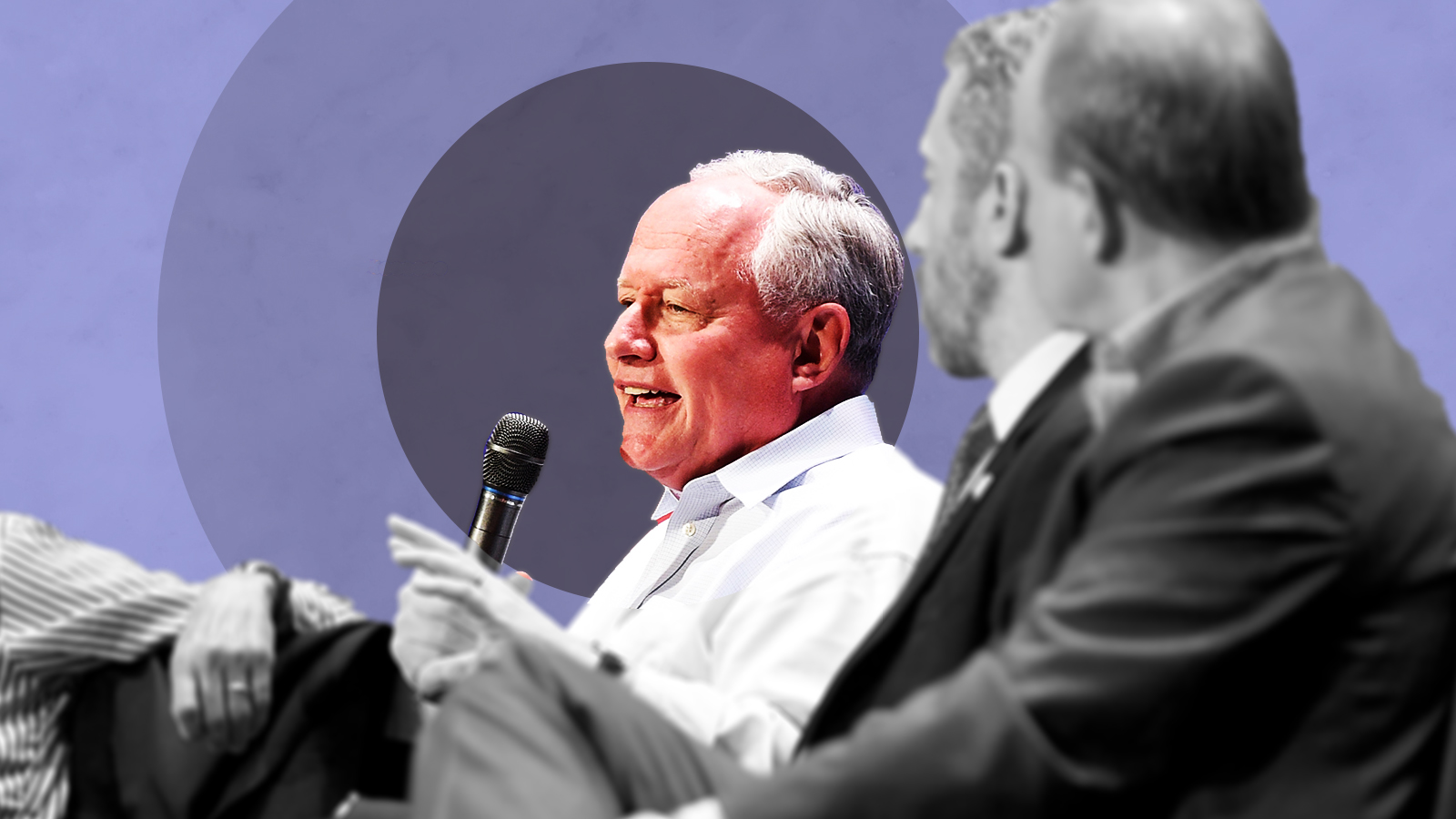Has Bill Kristol been a liberal all along?


A free daily email with the biggest news stories of the day – and the best features from TheWeek.com
You are now subscribed
Your newsletter sign-up was successful
Aftershocks from The Bulwark's recent publication of a 12,000-word hit job on a right-wing think tank — "What the Hell Happened to the Claremont Institute?" — continue to rock the conservative intellectual world. The latest tremor has been felt at Powerline, where Reagan biographer Steven Hayward provocatively asks, "What the Hell Happened to Bill Kristol?" Kristol, you see, is a founder and leading force behind The Bulwark (where I participate in a weekly podcast). If he was willing to publish an extended polemic against a leading institution of the intellectual right, can Kristol even be considered a conservative anymore?
To which I would reply: What if Bill Kristol has been a liberal all along?
How could it be that the man who served as Dan Quayle's chief of staff, who founded and edited for two decades one of the leading conservative magazines in the country, who was a leading advocate for the invasion of Iraq in 2003, and who was the public face for neoconservative ideology from the mid-1990s on — how could this man have always been a liberal? Answering the question requires a brief detour into history.
The Week
Escape your echo chamber. Get the facts behind the news, plus analysis from multiple perspectives.

Sign up for The Week's Free Newsletters
From our morning news briefing to a weekly Good News Newsletter, get the best of The Week delivered directly to your inbox.
From our morning news briefing to a weekly Good News Newsletter, get the best of The Week delivered directly to your inbox.
Bill Kristol's father, Irving Kristol, became one of the original neocons during the 1970s. Until that point, he and his ideological compatriots had considered and called themselves Cold War liberals. But by the time of George McGovern's presidential campaign in 1972, they'd become convinced that the Democrats were heading left on foreign policy, crime, and cultural questions. That led them to begin allying with Republicans. By the election of Ronald Reagan in 1980, the partisan shift was complete.
This new alliance with conservatives persisted even after the Democrats had tracked back to the center during the mid-1990s. Why? Inertia, mostly. The neocons had grown used to working with and reaching compromises with conservatives in order to advance the things that mattered most to them. And for Irving's son Bill, what mattered most was developing a "neo-Reaganite foreign policy" for the post-Cold War world. This would be a foreign policy in which the U.S. used its unmatched military might and geopolitical preeminence to challenge tyrants and spread liberal democracy around the globe.
During the administration of George W. Bush, that sounded conservative. But since Donald Trump's hostile takeover of the Republican Party? Not so much. With the GOP expressing open hostility to democracy promotion abroad (and even at home), Kristol has now undertaken his father's rightward migration in reverse.
But does that signal a fundamental change? Or merely a pragmatic response to altered circumstances? I'd say the latter. Bill Kristol has always been a hawkish, idealistic liberal. What's changed is which party is best suited to serve as that disposition's natural home.
A free daily email with the biggest news stories of the day – and the best features from TheWeek.com
Damon Linker is a senior correspondent at TheWeek.com. He is also a former contributing editor at The New Republic and the author of The Theocons and The Religious Test.
